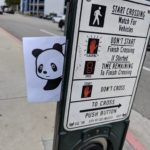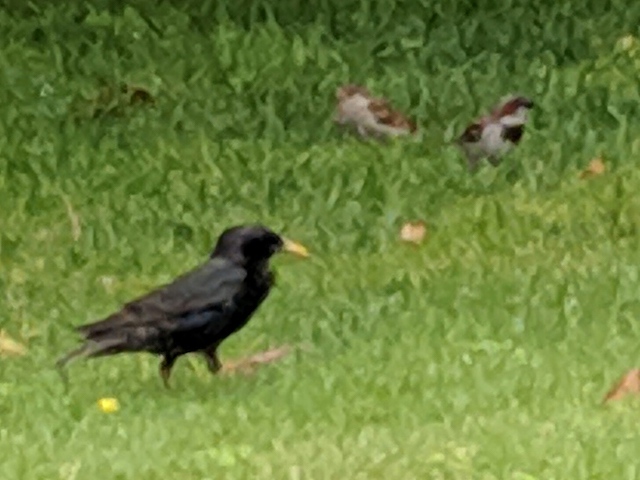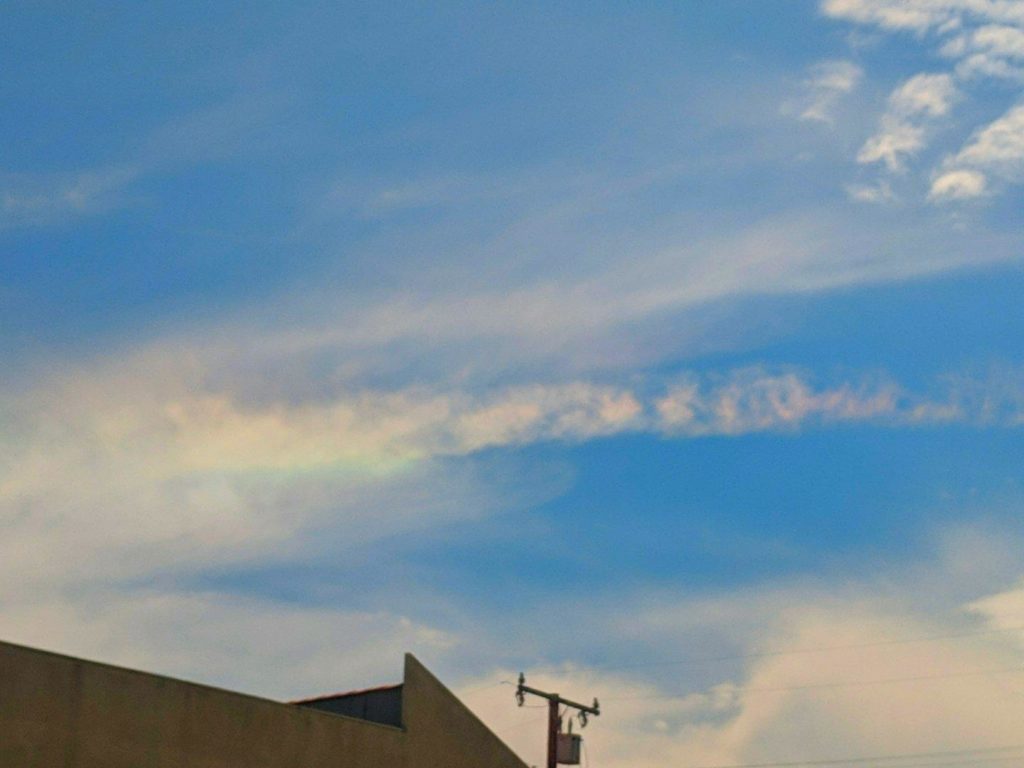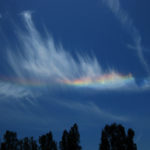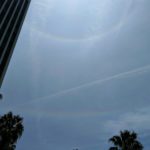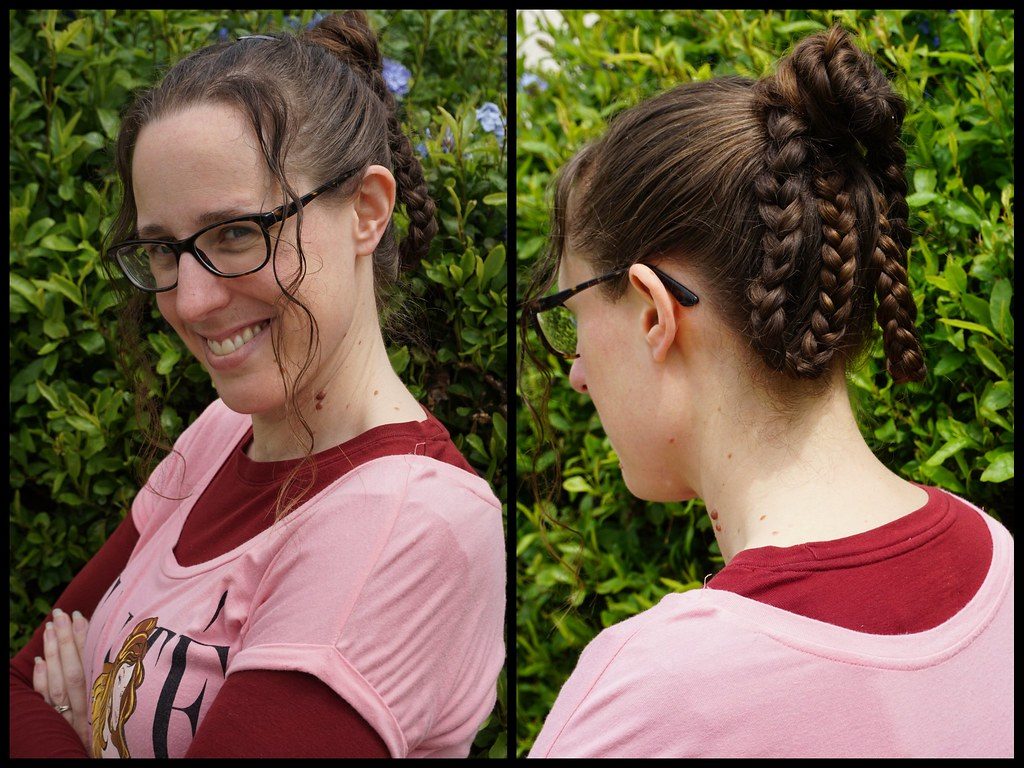Flickr has spent the last day offline, moving the rest of their services out of Yahoo’s datacenters. But to keep people involved, they’re holding a Good Panda Photo Contest where you print out the panda from the “Down For Maintenance” page and take a photo of it off having some adventure.
I went a little overboard with getting the panda into whimsical situations! 🙂
I plan on posting the one with the coffee mug as my entry once uploads are working again, but I may post a full album of the panda’s adventures!
Update: Flickr seems to be stable again! And entries aren’t limited to just one photo. Here’s the Flickr version of this gallery, and here’s the official contest group where everyone is sharing their Panda adventures.
Update: The kid got in on the action as well!




